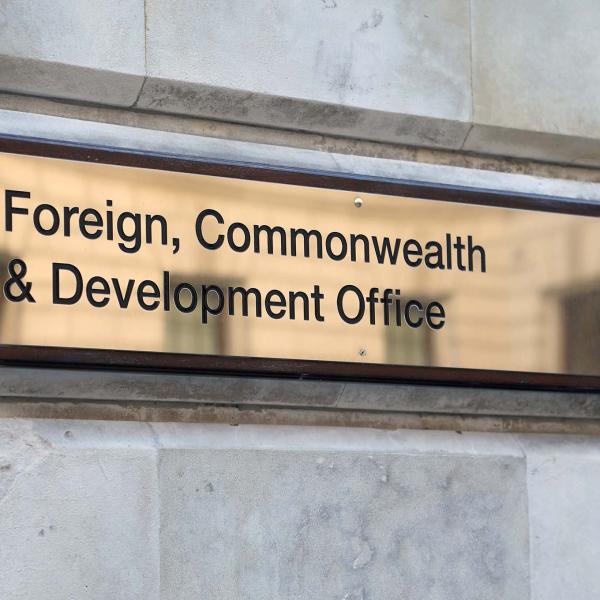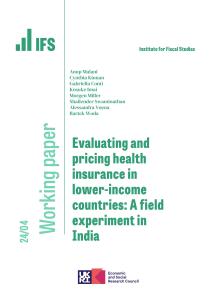This paper presents an analysis of the welfare consequences of recent increases in food prices in Mexico using micro-level data. We estimate a QUAIDS model of demand for food, using data collected to evaluate the conditional cash transfer programmes Oportunidades. We show how the poor have been affected by the recent increases and changes in relative prices of foods. We also show how a conditional cash transfer programme provides a means of alleviating the problem of increasing staple prices, and simulate the impact of such a policy on household welfare and consumer demand. We contrast this policy with alternative policy responses, such as price subsidies, which distort relative prices and are less well-targeted.
Authors

CPP Co-Director
Orazio is an International Research Fellow at the IFS, a Professor at Yale and a Research Associate at the National Bureau of Economic Research.

Research Fellow University College London
Valerie, a Research Fellow of the IFS, is a Reader at the University College London, whose research is focused on modelling intra-household behaviour.

Associate Director
David is Head of Devolved and Local Government Finance. He also works on tax in developing countries as part of our TaxDev centre.

Vincenzo Di Maro di Maro
Journal article details
- Publisher
- Elsevier
- Issue
- April 2013
Suggested citation
Attanasio, O et al. (2013). 'Welfare Consequences of Food Prices Increases: Evidence from Rural Mexico' (2013)
More from IFS
Understand this issue

Retirement is not always a choice that workers can afford to make
6 November 2023

How did parents’ experiences in the labour market shape children’s social and emotional development during the pandemic?
1 August 2023

Work from home: what does the future look like?
24 May 2023
Policy analysis

Three ways to improve the design of the UK’s overseas aid spending target
18 January 2024

Distributional analysis of Ghana’s tax system
18 December 2023

Progression of nurses within the NHS
12 April 2024
Academic research

Evaluating pricing health insurance in lower-income countries: A field experiment in India
14 March 2024

Saving by buying ahead: stockpiling in response to lump-sum payments
2 February 2024

Labour market inequality and the changing life cycle profile of male and female wages
15 April 2024